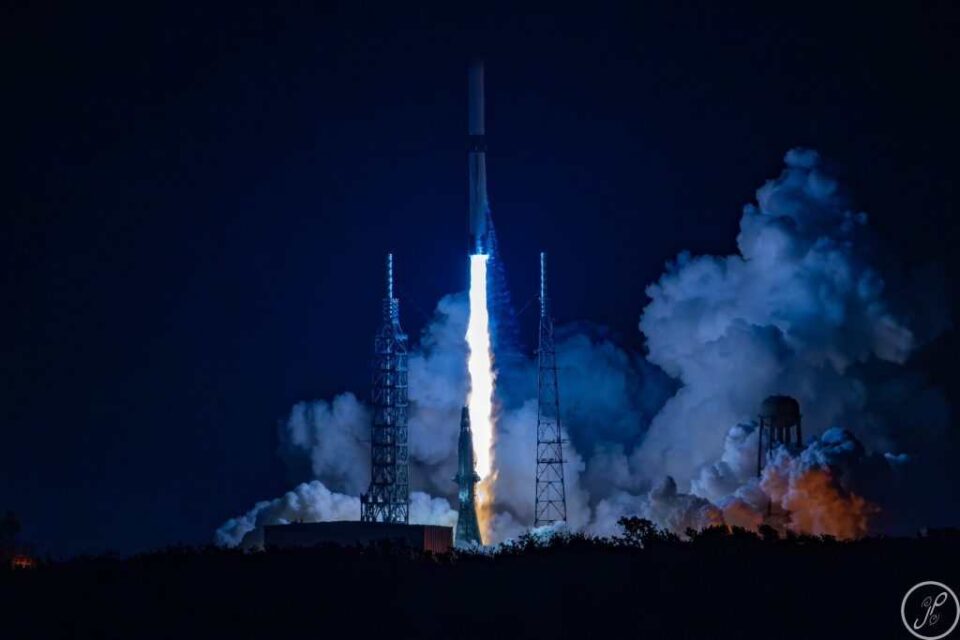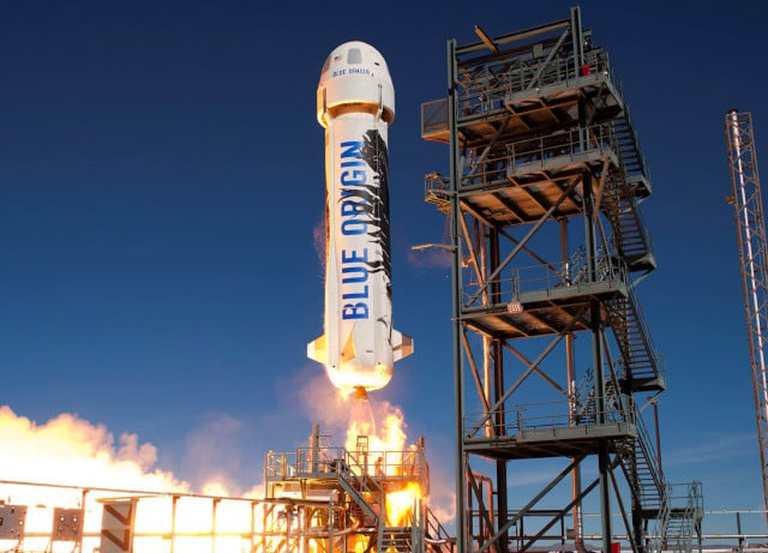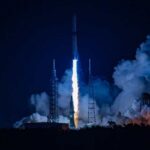Blue Origin successfully launches New Glenn rocket into orbit for the first time

Blue Origin, the aerospace venture launched by Jeff Bezos, has marked a major milestone 24 years after its inception. In the early hours of January 16, 2025, the company’s towering 320-foot New Glenn rocket achieved orbit for the first time, taking off from Cape Canaveral Space Force Station in Florida at 2:03 AM EST.
The rocket, named after John Glenn—the first American to orbit Earth—plays a key role in Blue Origin’s push to become a significant contender in the orbital launch market. This success positions the company as a challenger to established players like SpaceX.
The mission achieved its primary goal of reaching orbit. However, an attempt to recover the first-stage booster fell short when it missed its landing on a platform in the Atlantic Ocean. Despite this, CEO Dave Limp remained optimistic, saying, “We did it! … On to spring and trying again on the landing.”
BREAKING: 24 years after the company’s founding, Jeff Bezos’ rocket company, Blue Origin, has just successfully reached orbit with its own rocket for the first time ever.
The company’s 320-foot-tall New Glenn Rocket successfully lifted off from Florida tonight for the first… pic.twitter.com/ykDJ2ptwYe
— Sawyer Merritt (@SawyerMerritt) January 16, 2025
Blue Origin’s New Glenn Rocket Reaches Orbit for the First Time
Built to handle heavy payloads, the New Glenn rocket can carry up to 45 tonnes into low Earth orbit. It is designed for versatile missions, from launching satellites for Amazon’s Project Kuiper to potentially supporting NASA’s Artemis program for lunar exploration.
This successful orbital launch represents a pivotal moment for Blue Origin as it strives to carve out its place in the highly competitive space industry. While challenges remain, particularly in perfecting booster recoveries, the company is moving forward with plans for additional test flights before the New Glenn rocket becomes fully operational.

A Historic Milestone 24 Years in the Making
Blue Origin, founded by Jeff Bezos in 2000, began as a long-term project with the bold goal of making space travel more accessible. The company started with suborbital flights, developing the New Shepard rocket, which successfully showcased reusable rocket technology after multiple attempts. Early challenges, including test failures, were met with resilience, ultimately proving the viability of reusability and setting the stage for more ambitious projects. Each milestone reflected the company’s commitment to innovation and its vision of enabling millions to live and work in space.
As Blue Origin transitioned to orbital missions, it faced new hurdles with the development of the New Glenn rocket. Launch delays and technical setbacks tested the company’s perseverance, but successes, like New Glenn’s first orbital flight, highlighted its steady progress. These achievements, alongside its work on lunar landers and partnerships like NASA’s Artemis program, underscore Blue Origin’s ability to overcome challenges and position itself as a resilient competitor in the evolving space industry.
In 2021, Jeff Bezos made history by reaching the edge of space aboard Blue Origin’s first crewed suborbital flight. The New Shepard spacecraft, designed and built by his company, successfully carried Bezos, his brother Mark, 82-year-old space pioneer Wally Funk, and 18-year-old Dutch student Oliver Daemen on a highly-anticipated journey. The mission marked a significant milestone for private space exploration, with the crew safely returning to Earth after experiencing the awe of weightlessness and witnessing the planet from space.
Blue Origin’s accomplishment highlights its determination to contribute to space exploration and its ongoing commitment to innovation.




